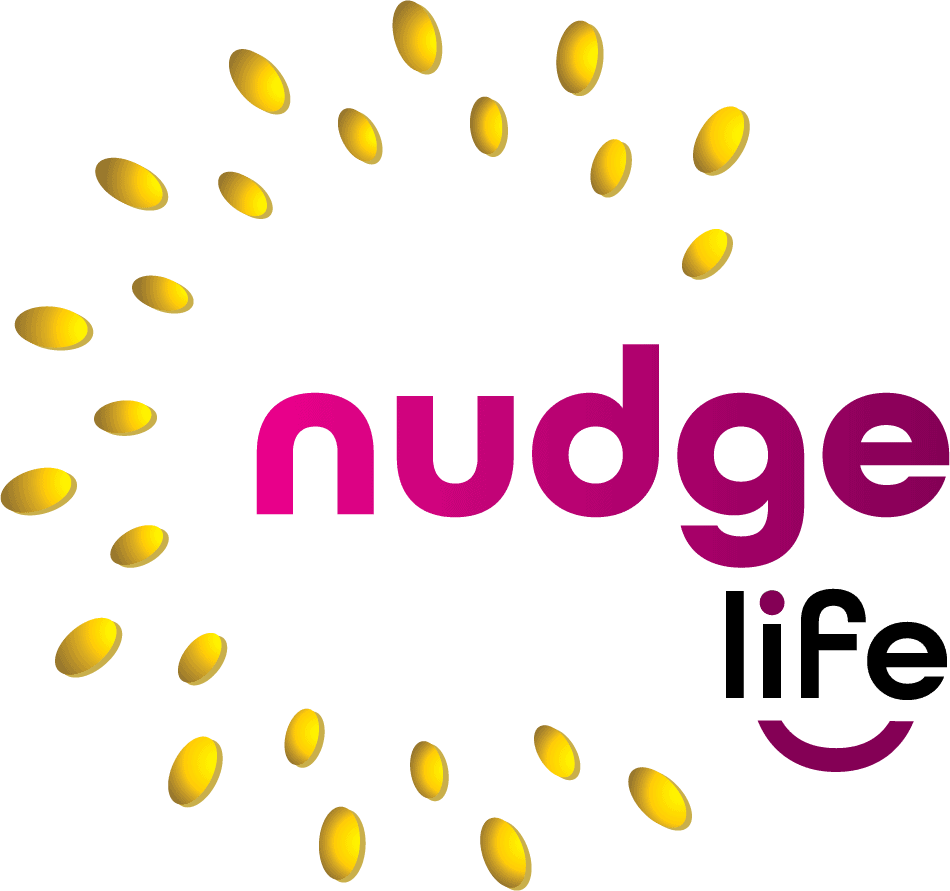Hey there, young adults! If you’re anything like me, you might feel lost or overwhelmed when figuring out what to study or what career to aim for. Of course, it’s okay and normal to feel that way! But the good news is that planning for your job can help you feel more in control of your future, and there are many ways to go about it. In this post, we’ll discuss why career planning is essential, different ways to plan your career and the benefits of using a career assessment tool.
Why is career planning important?
Your career is essential to your life, and finding a path that aligns with your interests, values, and strengths is vital. Without a clear career plan, you might feel stuck in a job that doesn’t fulfil you or that you don’t enjoy. Planning can help you set goals, take action, and ultimately achieve your dreams. Back in the day, people came out of school, got the first job they could get and spent up to a lifetime working in the same job. Being a manager was seen as the pinnacle, and everyone else was seen as below the manager. However, we know you will not have just one career these days, and you will want to build on the skills and attributes that make you happy in your work.
With this in mind, having a plan is like having a bit of a roadmap for you to follow based on themes of careers that involve what you enjoy. Progression becomes part of that plan. You will change jobs often; each job will build on the last if you plan properly. Well-planned careers mean you follow what you love to do. That passion shows up in the job interview, your work outcomes, how you treat people and are treated, and your decisions.
Different ways to plan your career
There are several ways to plan for your career, and no single approach suits everyone. Career Planning is also not something you do once. It is a process. Here are a few ideas to get you started:
1. Self-reflection
One of the most important steps in planning for your career is self-reflection. Take some time to think about your interests, values, personality traits, and strengths. For example, what do you enjoy doing? What motivates you? What are you good at? What kind of work environment do you thrive in? This introspection can help you identify potential career paths that align with your unique profile. By all means, try different jobs and don’t always get stuck on the perfect job, but if you make sure at least 75% of any job fits what you love, you will enjoy it, learn and grow in that job and feel a deep satisfaction.
2. Research
Once you’ve identified some potential career paths, it’s time to do some research. First, learn as much as possible about industries, job roles, and companies that interest you. This research can help you figure out whether a particular career path is a good fit for you. It can also help you identify any additional skills or qualifications you might need. Even though you might feel you are too young to worry about such things, the more you learn about career planning in general and where to go to find out your best career, the less time and money you will waste learning something new only to find you are not that interested in it.
3. Networking
Networking can be a precious tool when planning for your career. Reach out to professionals in industries or roles that interest you, and ask if they’d be willing to chat with you about their experiences. This can help you gain insight into a particular career path and help you make connections that might lead to job opportunities in the future. Once in a while, you might even get an opportunity to try something out.
4. Mentorship
Having a mentor can be a great way to get guidance and support as you plan for your career. Look for someone with experience in your desired industry or role, and ask if they’d be willing to mentor you. This can help you learn from someone who has been there before, and it can also help you make valuable connections in your industry. In the long run, the connections you make now may help you down the road.
The benefits of using a career assessment tool
In addition to these approaches, a career assessment tool can help plan your career. Here are some benefits of using a career assessment tool:
1. It can help you identify your strengths and weaknesses.
A career assessment tool can provide insights into your natural abilities, talents, and areas you might need to improve. This information can help you choose a career path that maximizes your strengths, minimizes your weaknesses and help you to know yourself a bit better.
2. It can help you explore different career options.
Many career paths exist, and a career assessment tool can help narrow your options. It can suggest careers that fit your interests, values, and skills. This gives you a massive head start on study and career options.
3. It can help you set goals and make a plan.
Once you’ve identified your strengths, weaknesses, and career options, it’s time to set some goals and make a plan. A career assessment tool can help you with this by providing a roadmap that outlines the steps you need to take to achieve your career goals. Armed with key information, you can then begin to research more specifically and aim your job search with more accuracy.
4. It can give you confidence
Planning helps you feel more prepared for the job market. In addition, knowing that you have taken the time to assess your skills and interests can give you a sense of direction and purpose. This can be especially important as you navigate the often-challenging transition from education to the workforce. In addition, the information gives employers confidence as the reports contained within can be shared and give key information to potential bosses about your potential. This, for them, is gold and makes the decision easier.
So now we have looked at reasons to plan your career. You need to understand this is not another school project but your life. Whatever walk of life you come from, you do have potential. You can rise above your current circumstance and can find out what lies beyond the world you live in. However you plan, you’ll learn more about yourself and your potential during the process. You can use your inexperience to be curious and start moving in a direction you may not know existed.

